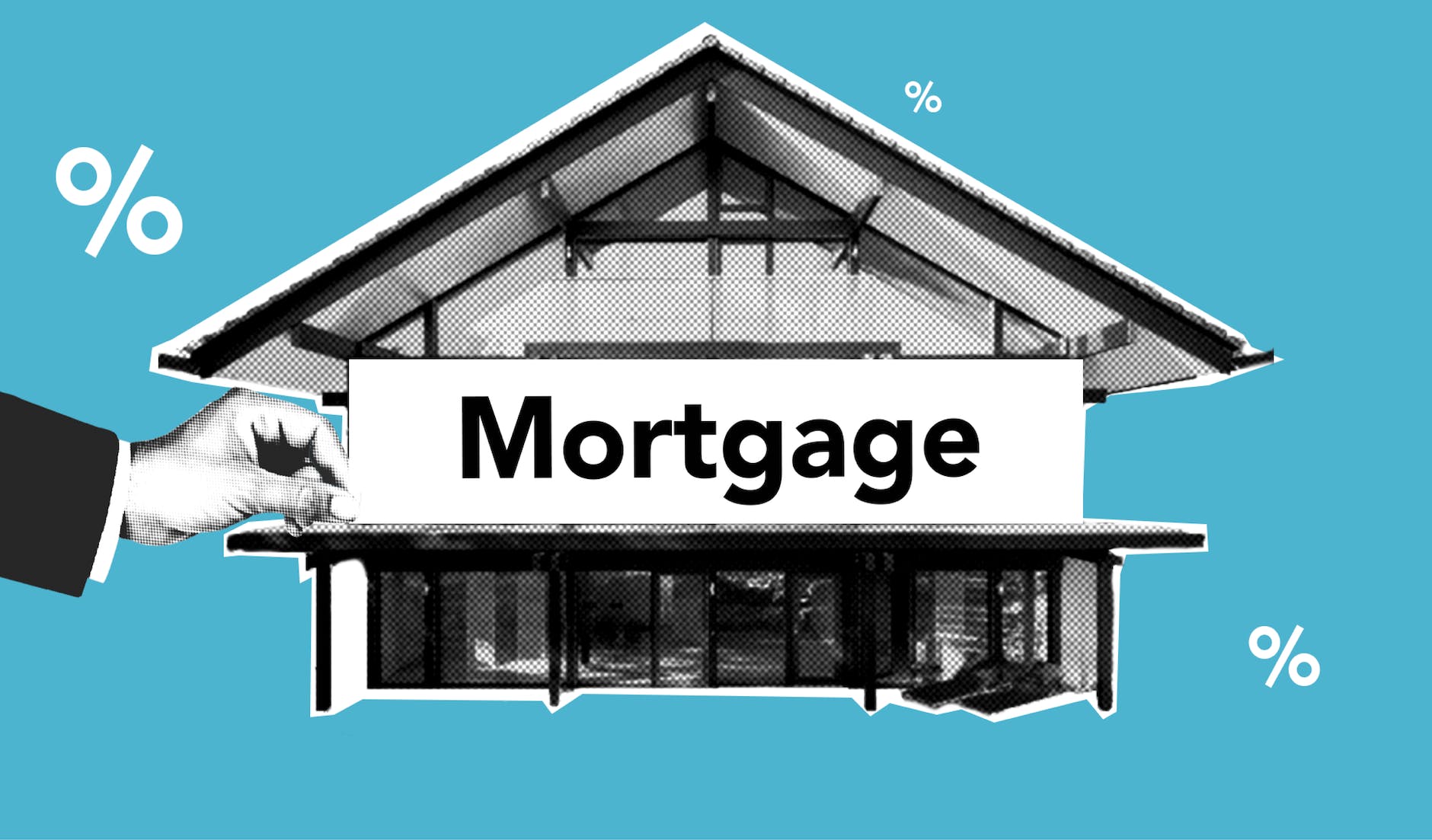An FHA (Federal Housing Administration) home loan is a type of mortgage loan that is insured by the FHA, a federal agency within the US Department of Housing and Urban Development (HUD). FHA loans are designed to help lower-income and first-time homebuyers who may have difficulty qualifying for a traditional mortgage.
Here are some key features of FHA home loans:
1. Lower credit score requirements: FHA loans typically have lower credit score requirements than conventional mortgages. A credit score of at least 580 is usually required to qualify for the lowest down payment, which is 3.5%.
2. Lower down payment requirements: FHA loans generally require a lower down payment than traditional mortgages. The minimum down payment is 3.5% of the purchase price.
3. Mortgage insurance premium (MIP): FHA loans require borrowers to pay an upfront mortgage insurance premium (UFMIP) and an annual mortgage insurance premium (MIP). The UFMIP is usually 1.75% of the loan amount and can be rolled into the loan. The MIP is paid monthly and varies depending on the loan amount, term, and down payment.
4. Loan limits: FHA loans have maximum loan limits that vary by location. In some high-cost areas, the loan limits may be higher.
5. Property requirements: FHA loans require the property to meet certain minimum standards, such as safety, security, and soundness. The property must also be the borrower’s primary residence.
It’s important to note that while FHA loans can be a good option for some borrowers, they may not be the best choice for everyone. It’s important to compare different loan options and consult with a mortgage professional to determine the best course of action for your specific needs and circumstances.




